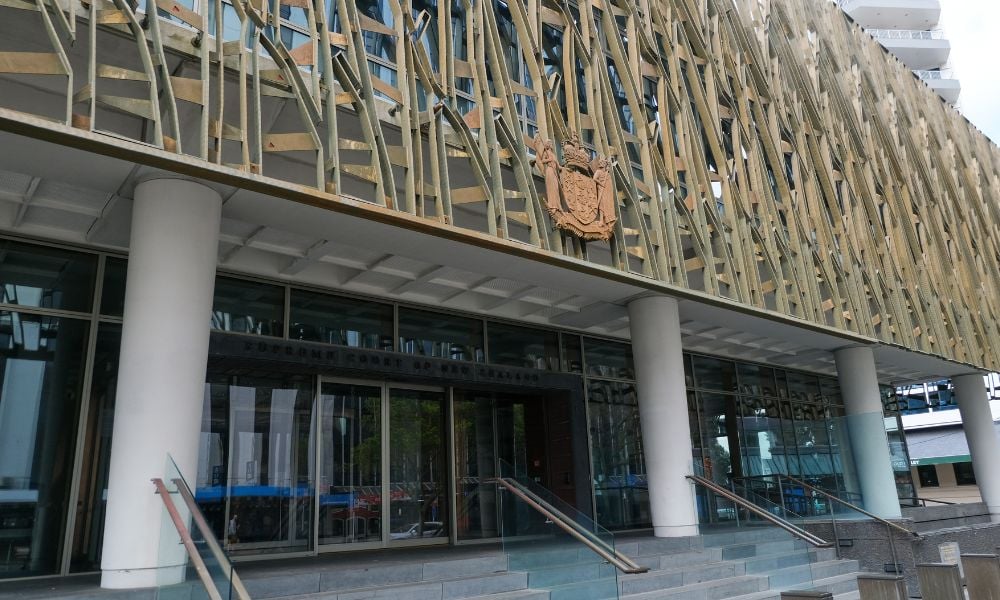
Ruling says proposed appeal would amount to abuse of process, awards costs to respondents

In a recent case, New Zealand’s Supreme Court refused the applicants permission to appeal upon seeing no apparent error in the New Zealand Court of Appeal’s reasoning and finding that the proposed appeal would constitute an abuse of process.
The applicants in this case – a woman and her current domestic and business partner – had a dispute with her former domestic and business partner, one of the respondents. Both sides
disagreed on the distribution of the former couple’s relationship property.
The applicants initiated litigation against the woman’s ex-partner, a bank, and various bank staff. They claimed that the ex-partner, who took the woman’s surname during their relationship, fraudulently continued to use it afterward. They also alleged fraud and breaches of fiduciary duty against the bank and its staff.
In 2022, the New Zealand High Court struck out the applicants’ proceeding. In March 2024, the applicants filed a new proceeding. A High Court judge also struck out the new proceeding as an attempt to relitigate matters adjudicated in the previous proceeding. The applicants served an appeal out of time.
Last December, in Mills v Dalzell, [2024] NZCA 675, the Court of Appeal struck out the appeal for want of jurisdiction and viewed it as abusive of process. The appeal court said the new proceeding tried to relitigate previously rejected fraud and misconduct allegations and included only one new argument the applicants should have raised in their original pleading.
A High Court associate judge refused to set aside a bankruptcy notice regarding unpaid costs arising from the same litigation. The applicants filed an out-of-time appeal challenging this decision. The appeal court denied an extension of time for a second appeal, which it deemed “clearly hopeless.”
In the present case before the Supreme Court, the applicants applied for leave to appeal the appeal court’s decision. They later applied for permission to file amended and further submissions.
The respondents claimed that the applicants’ filings were trying to continue the proceeding that the High Court struck out in 2022. The respondents requested indemnity costs.
This month, in Mills v Dalzell, [2025] NZSC 67, the Supreme Court of New Zealand dismissed the application for leave to appeal and applications for leave to file amended and further submissions. The Supreme Court ordered the applicants to pay the represented respondents one set of costs of $2,500.
First, the Supreme Court ruled that the applicants’ proposed amended and further submissions would not materially assist them on their leave application.
Next, the Supreme Court held that the applicants’ primary submissions failed to meet the strict requirements to deserve permission to appeal to the Supreme Court under the Senior Courts Act 2016.
The Supreme Court acknowledged that the applicants alleged that a refusal to hear their proposed appeal would result in a substantial miscarriage of justice under s 74(2)(b) of the Senior Courts Act.
However, the Supreme Court found no appearance of error in the appeal court’s analysis. The Supreme Court concluded that the proposed appeal would amount to an abuse of process.
Lastly, regarding the costs of this application, the Supreme Court considered a cost award in the ordinary amount appropriate.